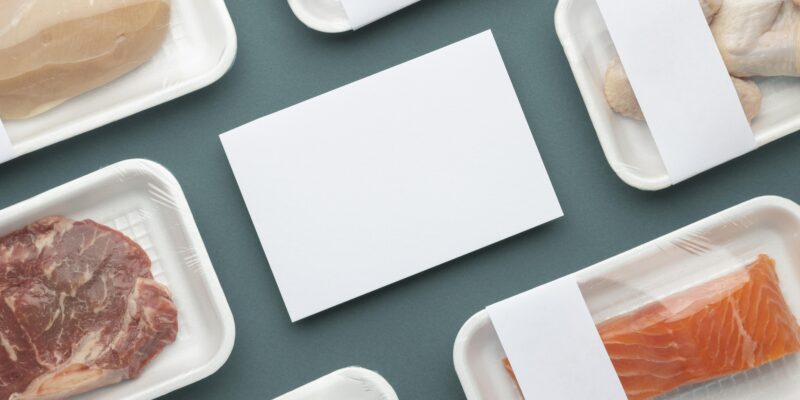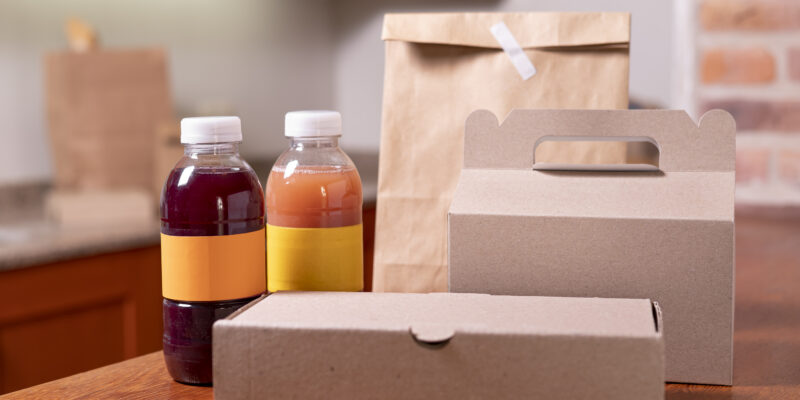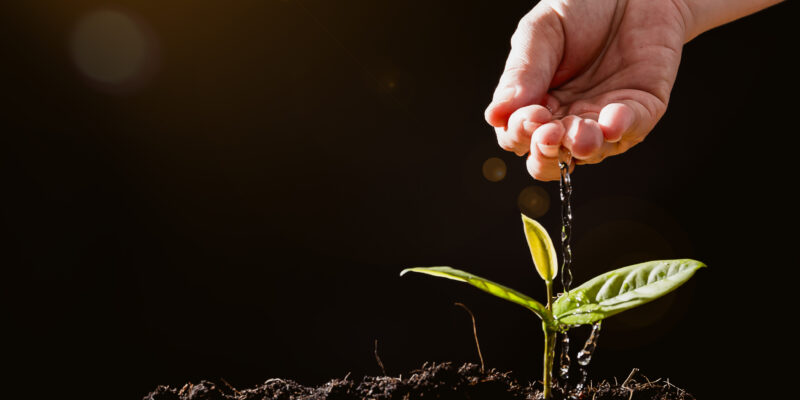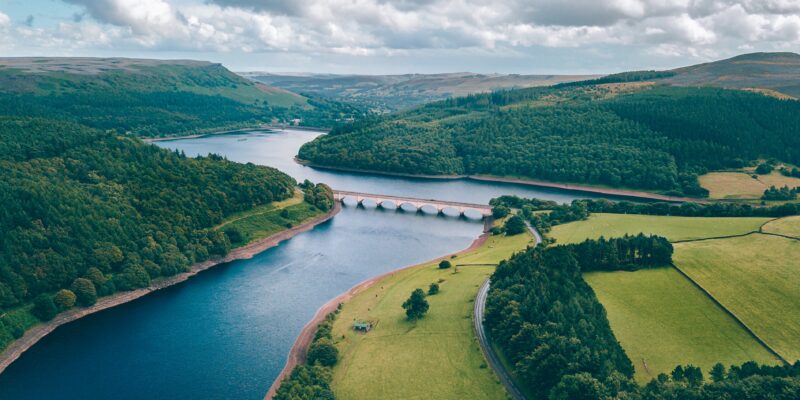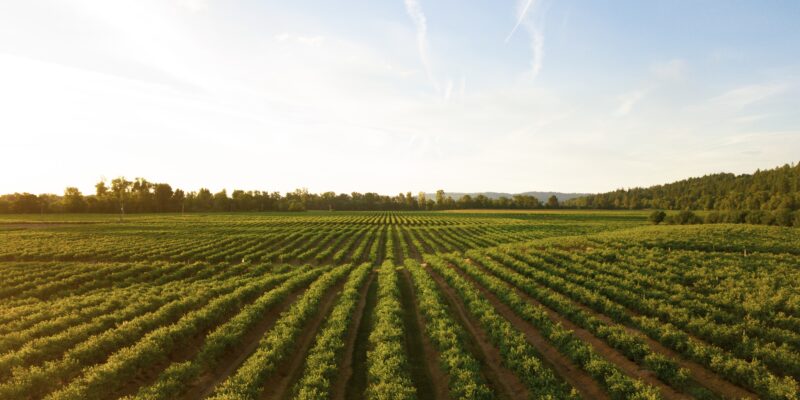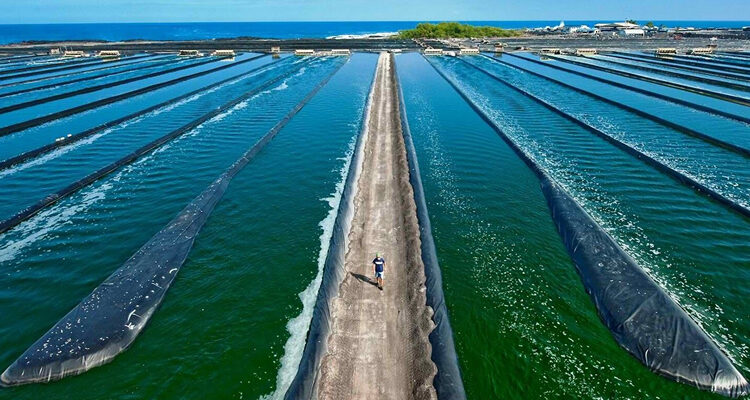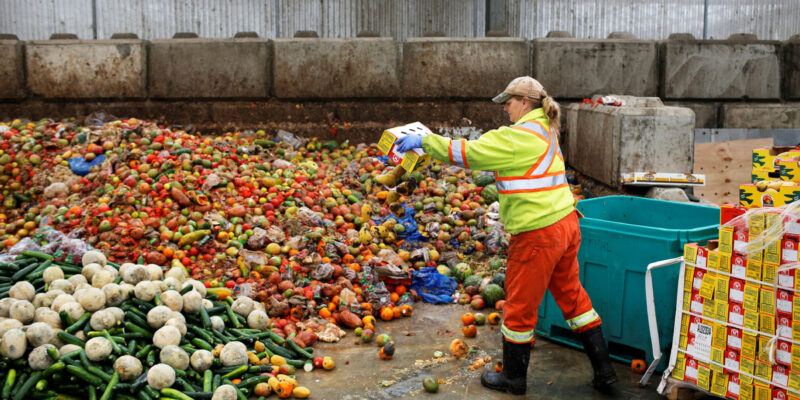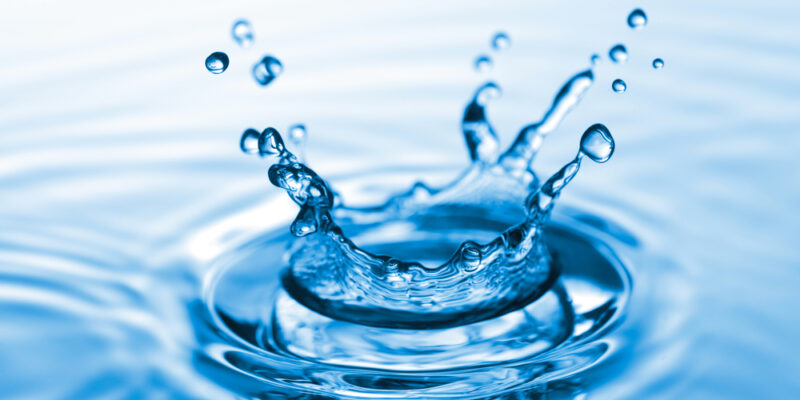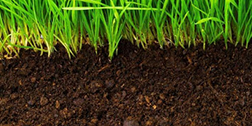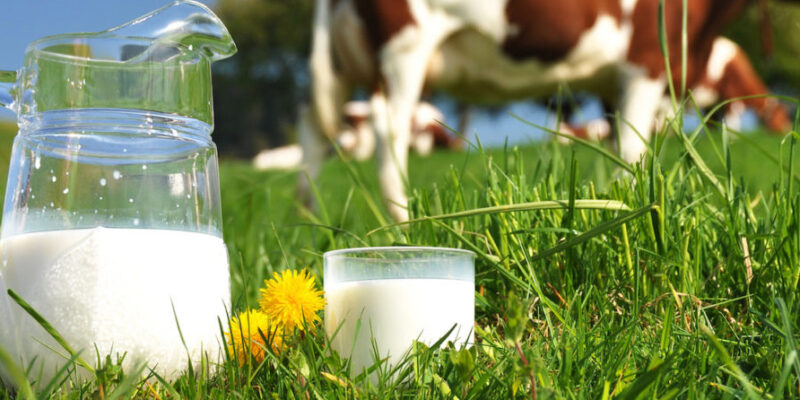The project “MATE4MEAT: Innovative Antimicrobial Packaging Solutions for Meat Products,” coordinated by The International University College of Turin (UNITO), is supported under the Horizon 2020 program. In addition to GTE, the consortium also includes Universidad de Córdoba (UCO), Université de Sfax (USS), UM6P – University Mohammed VI Polytechnic, Université de Fribourg (UFR), University of Constantine 1 (UFMC1), Cadi Ayyad University (UCA), and Computomics (COMPU).
The project aims to develop bio-based and biodegradable antimicrobial packaging solutions for meat products in line with circular economy principles. These innovative packaging systems, which work through the synergistic effect of antimicrobial compounds and bio-based polymers, aim to enhance food safety, extend shelf life, and reduce food waste. While promoting sustainability, MATE4MEAT also seeks to reduce reliance on fossil resources.
For more information, you can visit the project’s website:
